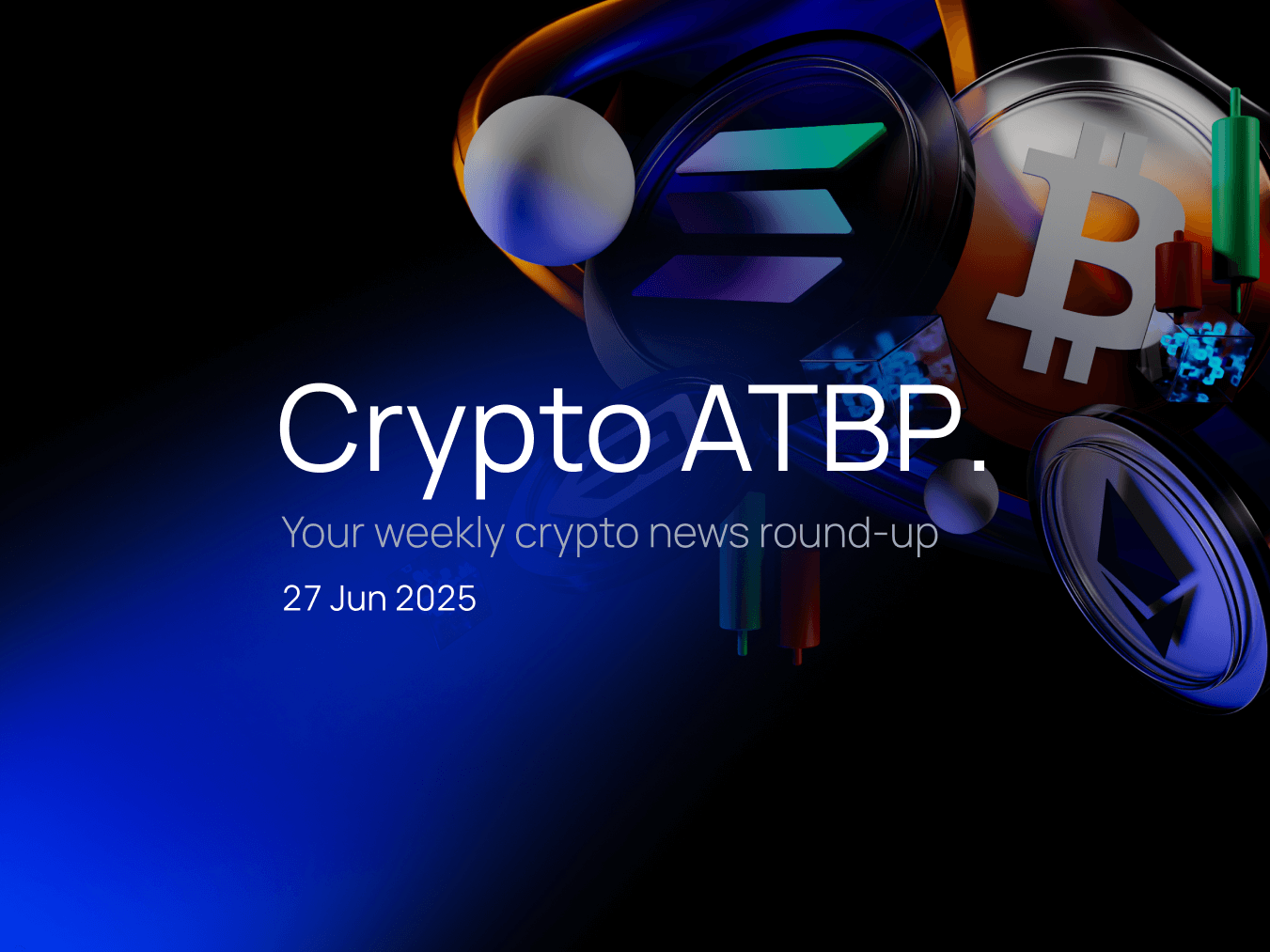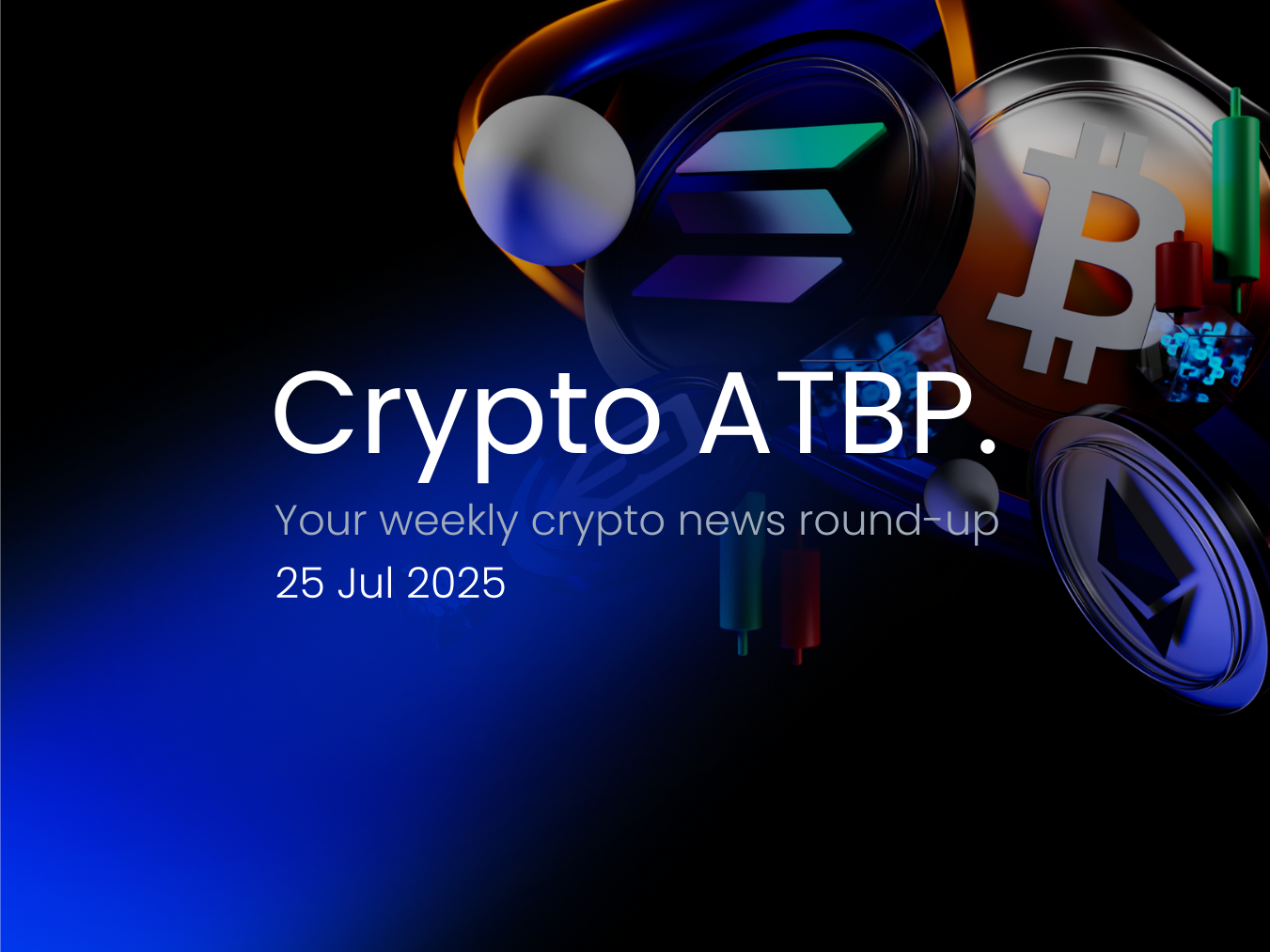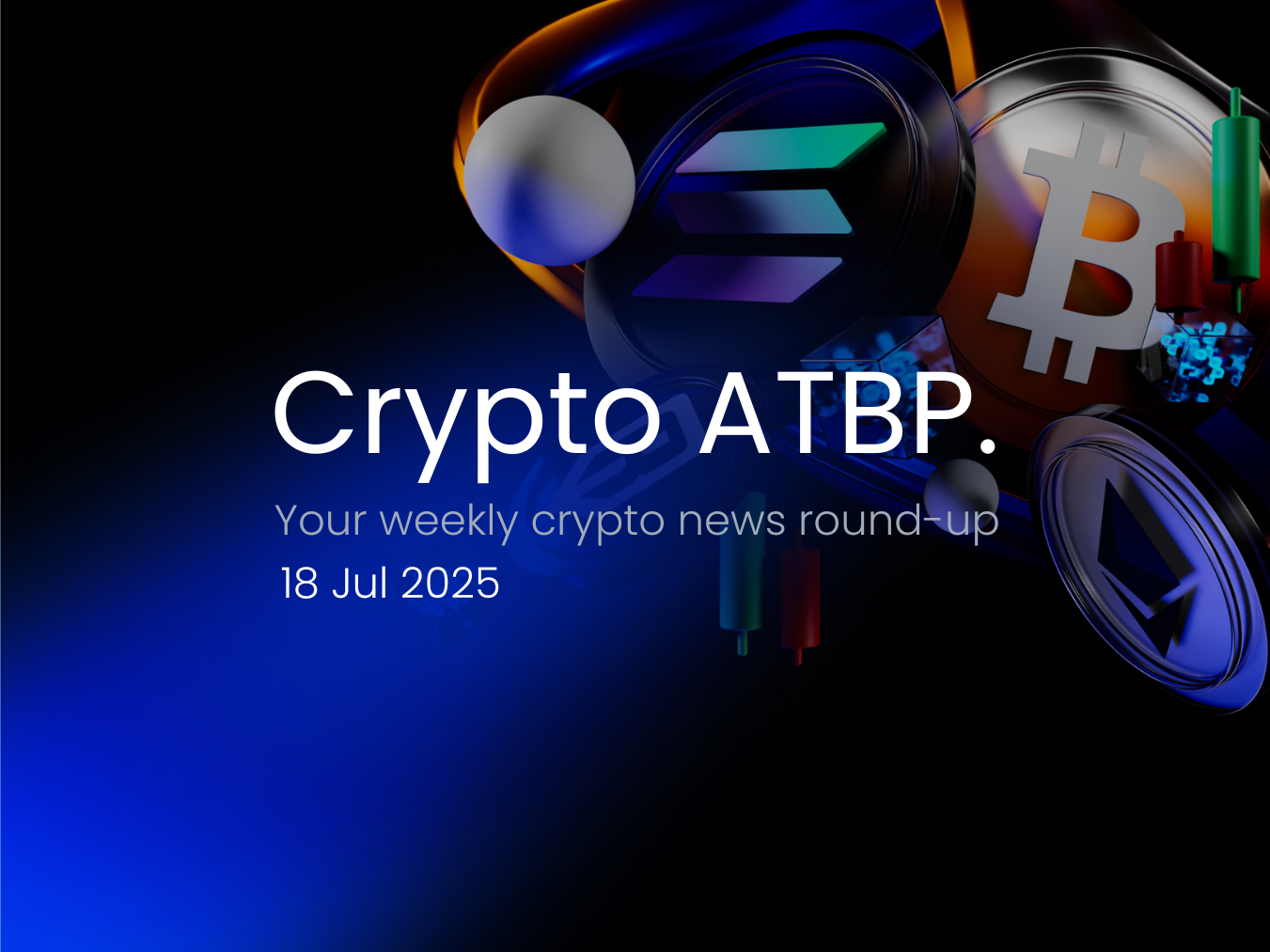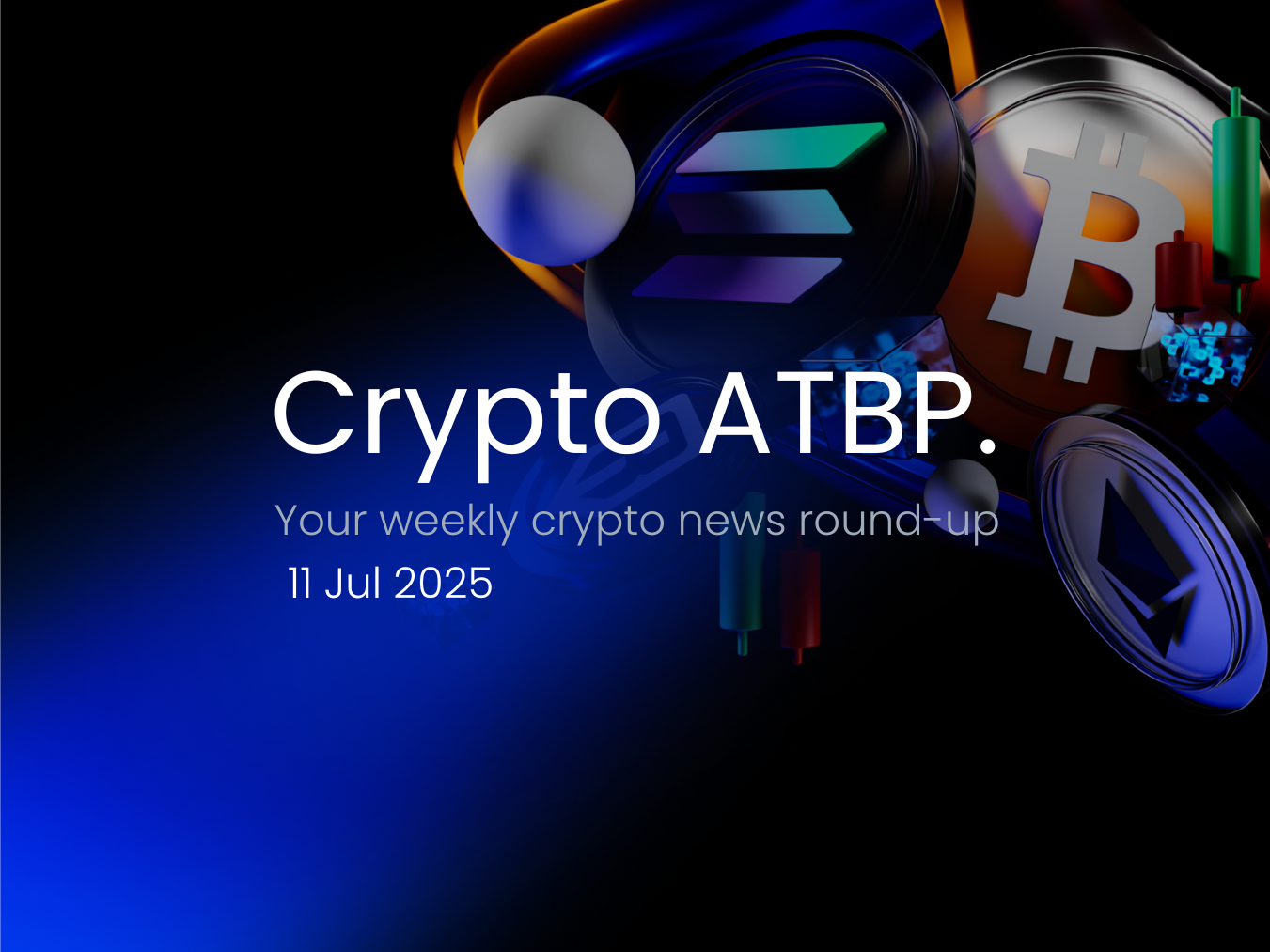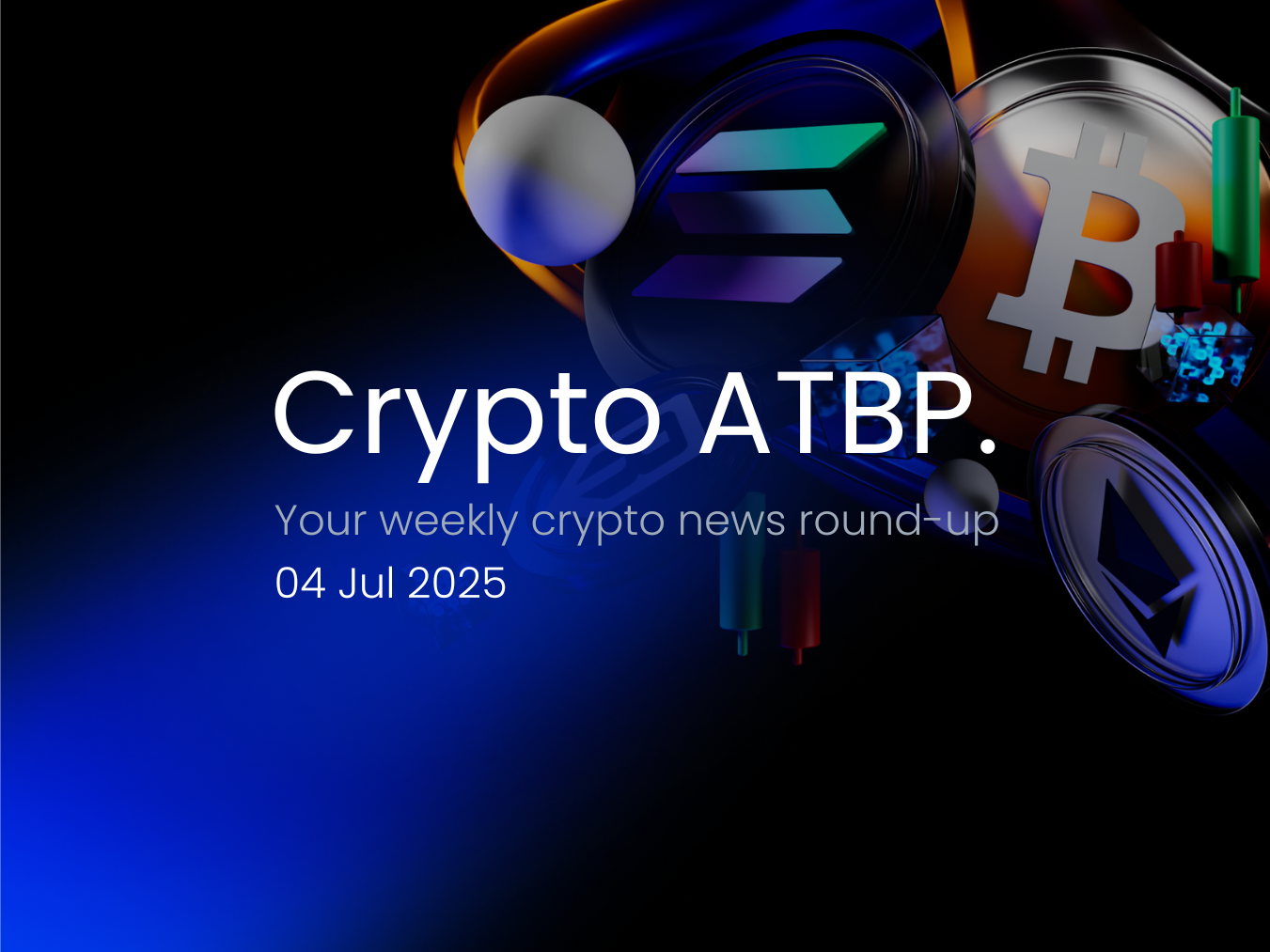White House and Lawmakers Aim to Pass Crypto Laws by September
U.S. lawmakers and the White House are targeting the end of September to pass two major crypto bills: one on stablecoin regulation and another on broader market structure. The GENIUS Act, which mandates stablecoin backing and issuer audits, recently passed the Senate, while the House has advanced its own version. Despite speculation the bills might be combined, officials confirmed they will be handled separately to ensure quicker passage. The goal is to finalize the stablecoin bill by August and follow with market structure legislation before September 30. (The Block)
Ethereum-Based Stablecoin Adoption Hits Record 750,000 Weekly Users
Ethereum-based stablecoins have reached a new milestone with over 750,000 unique weekly users, an all-time high that highlights rising utility-driven adoption. USDT and USDC dominate the $134 billion stablecoin market on Ethereum, holding $73 billion and $41 billion in supply, respectively. This surge in usage reflects growing institutional interest and positions stablecoins as a core component of crypto-enabled financial services. As competition intensifies, users may benefit from lower fees, better yields, and innovations in stablecoin design. (The Block)
Japan’s Metaplanet Surpasses Tesla in Bitcoin Holdings With 12,345 BTC
Metaplanet has overtaken Tesla to become the seventh-largest corporate Bitcoin holder after acquiring 1,234 BTC, bringing its total to 12,345 BTC, just shy of CleanSpark’s 12,502 BTC reserve. The latest purchase, made at an average of ¥15.6 million (approx. $108,000) per coin, follows the firm’s approval of a $5 billion capital raise aimed at accelerating its "555 Million Plan" to acquire over 200,000 BTC by 2027. This move highlights a growing corporate trend as global companies including firms in Norway, France, and South Korea expand their crypto treasuries. Metaplanet’s bold Bitcoin strategy underscores Japan’s rising stake in the digital asset space. (Cointelegraph)
Hong Kong Pushes Ahead with RWA Tokenization and Crypto Licensing in Policy 2.0
Hong Kong has released a new policy statement to solidify its position as a global crypto hub, with a strong focus on real-world asset (RWA) tokenization and an expanded crypto licensing regime. The policy, under the “LEAP” framework, aims to clarify tax rules for tokenized ETFs, promote secondary market trading, and encourage the tokenization of sectors like metals and renewable energy. Regulatory bodies such as the SFC and FSTB will spearhead new licensing efforts for digital asset exchanges, stablecoin issuers, dealers, and custodians.
Solana and Pudgy Penguins Join ETF Race as SEC Evaluates New Crypto Funds
The U.S. SEC has received new ETF filings, including the Invesco Galaxy Solana ETF (QSOL) and Canary Capital's PENGU ETF tied to Pudgy Penguins NFTs. These join a growing roster of altcoin ETF applications from major players like Fidelity and VanEck, spurred by the success of Bitcoin and Ethereum ETFs. The SEC is also considering whether to allow staking in Solana ETFs, a topic that has raised regulatory concerns. Analysts project a 95% chance that Solana ETFs will be approved by the end of 2025. (Decrypt)
South Korea’s Top Banks to Launch KRW-Pegged Stablecoin to Curb USD Dependence
Eight major South Korean banks including Kookmin, Shinhan, and Citibank Korea are forming a joint venture to issue a Korean Won (KRW)-backed stablecoin. The move aims to reduce reliance on US dollar-backed stablecoins and bolster domestic financial sovereignty. Backed by President Lee Jae Myung’s crypto-friendly agenda, the initiative explores trust- and deposit-token models, pending regulatory approval. While the Bank of Korea urges caution, industry leaders see this as a strategic step to boost South Korea’s competitiveness in the digital asset economy. (Be in Crypto)
